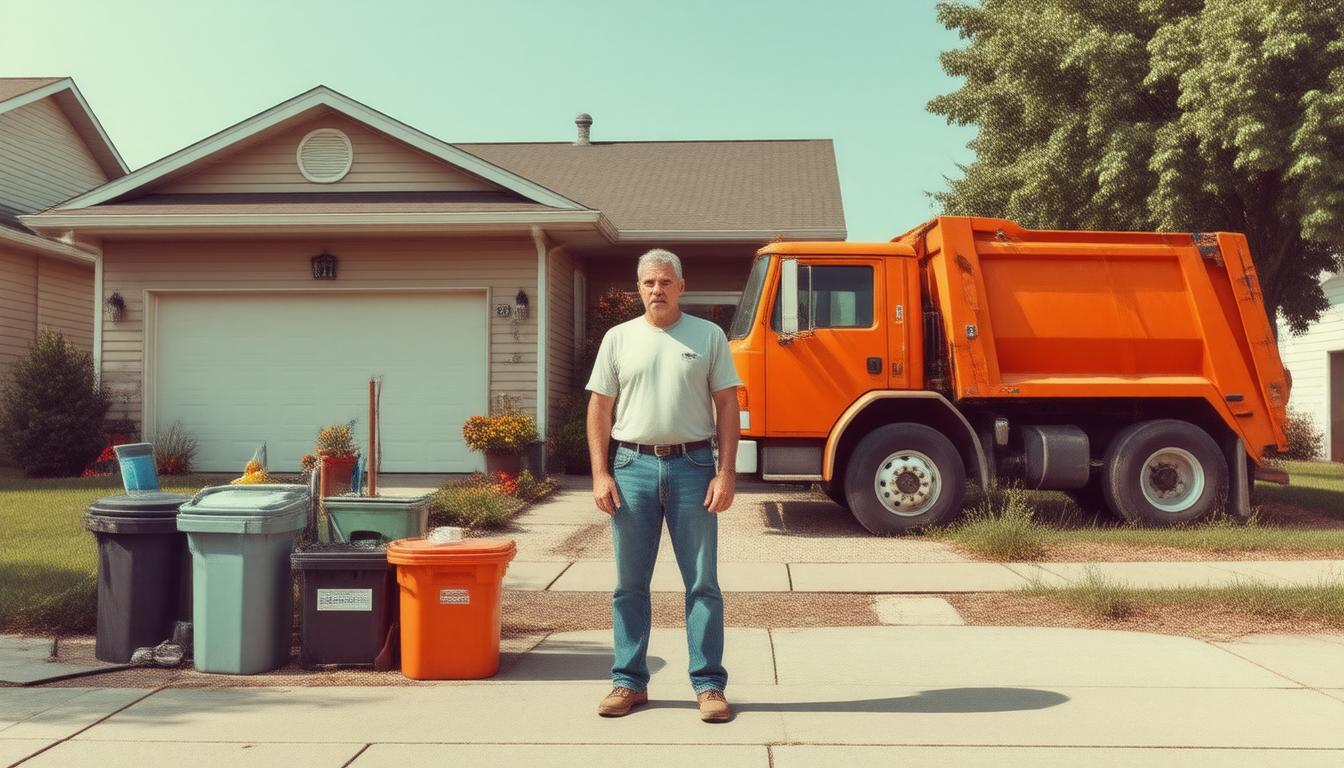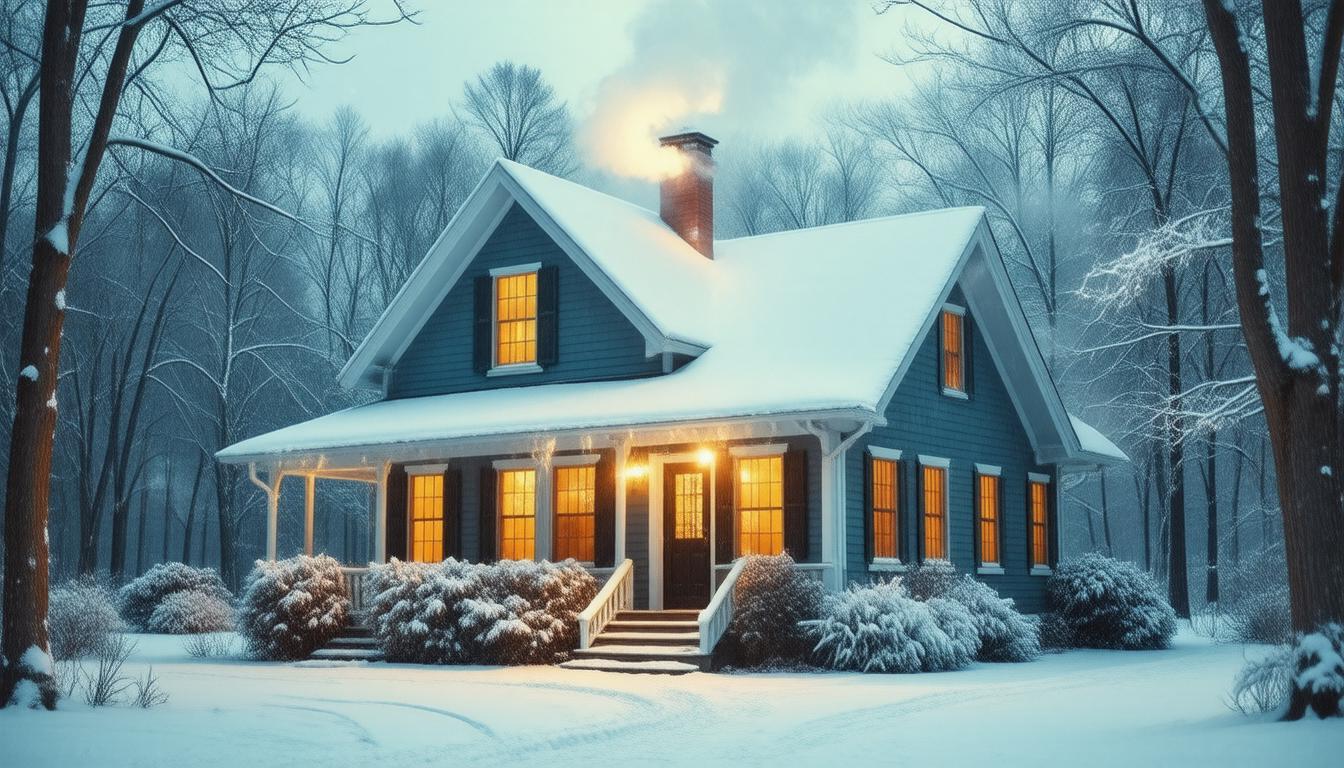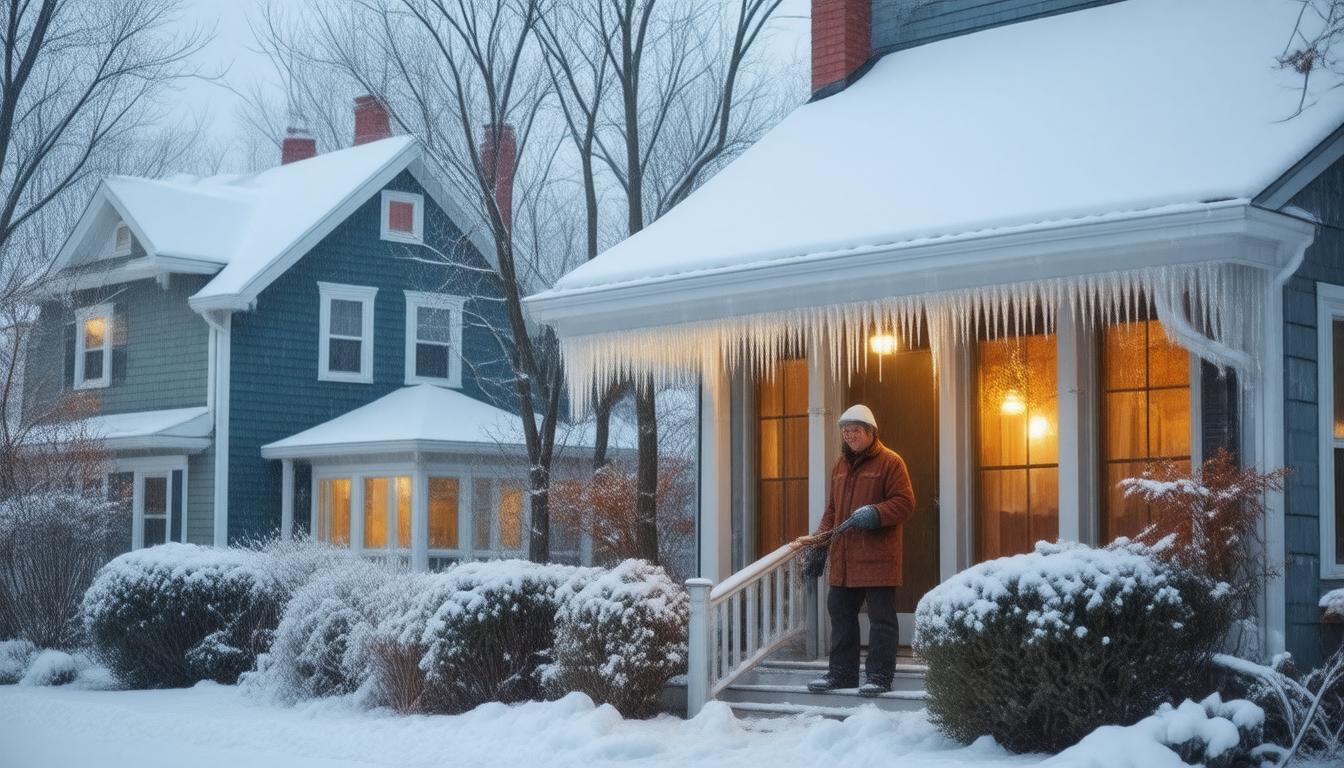
When it comes to sewer pipe selection, the material of the pipe is a primary concern for longevity and functionality. Most Spokane rooter experts agree that the most common materials include PVC (Polyvinyl Chloride), ABS (Acrylonitrile Butadiene Styrene), cast iron, and clay. PVC pipes are lightweight, resistant to corrosion, and easy to install, which makes them a popular choice for residential applications. ABS pipes share many attributes with PVC but are typically more impact-resistant, albeit at a higher cost. Cast iron pipes, although more durable and quiet when water runs through them, are heavy and require more labor to install. Lastly, clay pipes, which are sustainable and long-lasting, may be prone to root intrusion and are less common in modern installations.
Considerations for Pipe Diameter and Wall ThicknessThe diameter of the sewer pipe must be suitable for the volume of waste it is meant to transport. Residential lines typically range from 4 to 6 inches in diameter, while commercial applications may require larger pipes. Rooter experts from Spokane highlight the importance of adhering to local codes, which often dictate minimum specifications for diameter. Wall thickness is equally pivotal; it provides strength and durability to withstand pressures both from the ground above and the flow within. Thicker-walled pipes tend to endure longer and resist damages caused by roots and general wear better than their thinner counterparts.
Understanding Soil and Traffic Load ImpactSoil characteristics can influence the type of pipe needed for a sewer system. Highly corrosive soils may eat away at certain materials, while loose, sandy soils might necessitate a pipe with greater structural integrity to avoid collapse. Additionally, the expected load above the pipe, such as traffic or above-ground structures, must be taken into account. Pipes under heavy load conditions require stiffness and strength to resist compression, which might involve selecting heavier-gauge pipes or those designed to withstand such environmental stressors.
The Role of Local Climate ConditionsSpokane rooter experts emphasize considering local climate conditions in pipe selection. Areas subject to extreme temperatures need pipes that can expand and contract without cracking. Cold climates might require pipes with higher impact resistance to avoid damage from frozen ground or frost heave. In contrast, hot climates could necessitate pipes that can withstand high temperatures without losing shape or integrity.
Installation Techniques and LongevityThe ease of installation plays a crucial role in selecting sewer pipes. PVC and ABS, for example, are lighter and easier to handle, significantly reducing labor time and costs. Professional installation ensures that the pipes are laid correctly, joints are sealed properly, and the entire system is tested for leaks. When installed and maintained well, modern sewer pipes like PVC can last 50 to 100 years, according to Spokane experts. Even so, routine inspections and maintenance are critical to identifying potential issues early and extending the life of the sewer system.
Regulations and Environmental ConsiderationsAdherence to local regulations is a must when selecting sewer pipes. Spokane’s building codes, for instance, may have specific requirements regarding the types of materials allowed, installation methods, and pipe dimensions. Moreover, environmentally conscious choices in materials, like recycled or recyclable options, can minimize the ecological impact while meeting the required performance standards.
Expert Recommendation and Final ThoughtFor property owners in Spokane, consulting with a seasoned rooter expert is advantageous when selecting the appropriate sewer pipes. These professionals can provide guidance tailored to your specific situation, considering all the factors from material properties and diameter needs to installation and environmental concerns. With their expertise, Spokane residents can ensure a functional, durable, and compliant sewer system installation.







